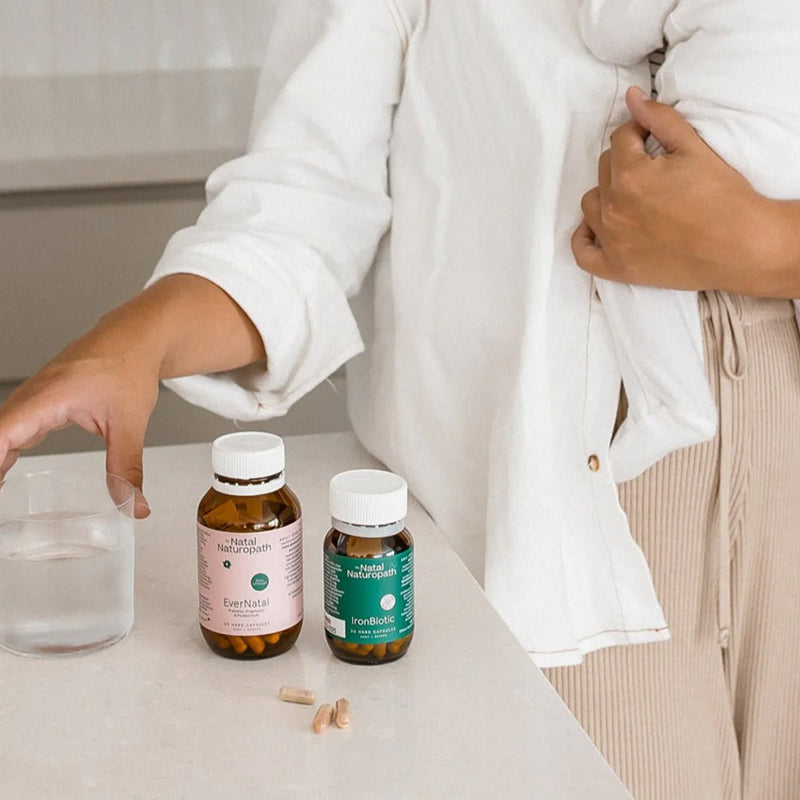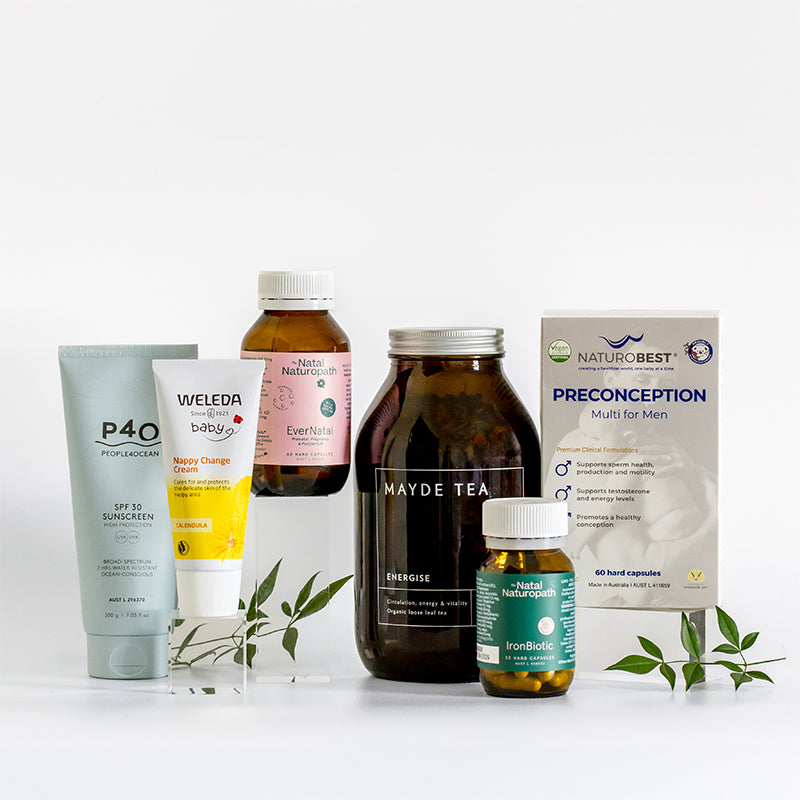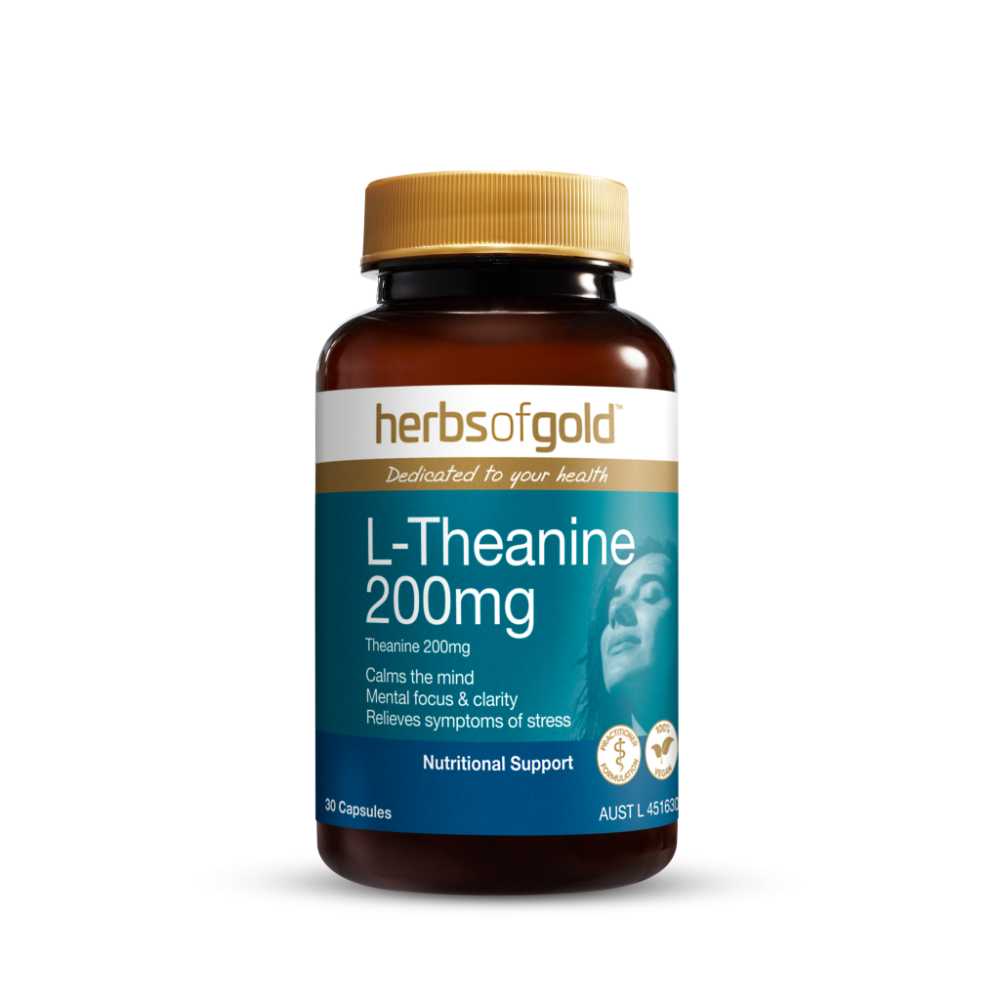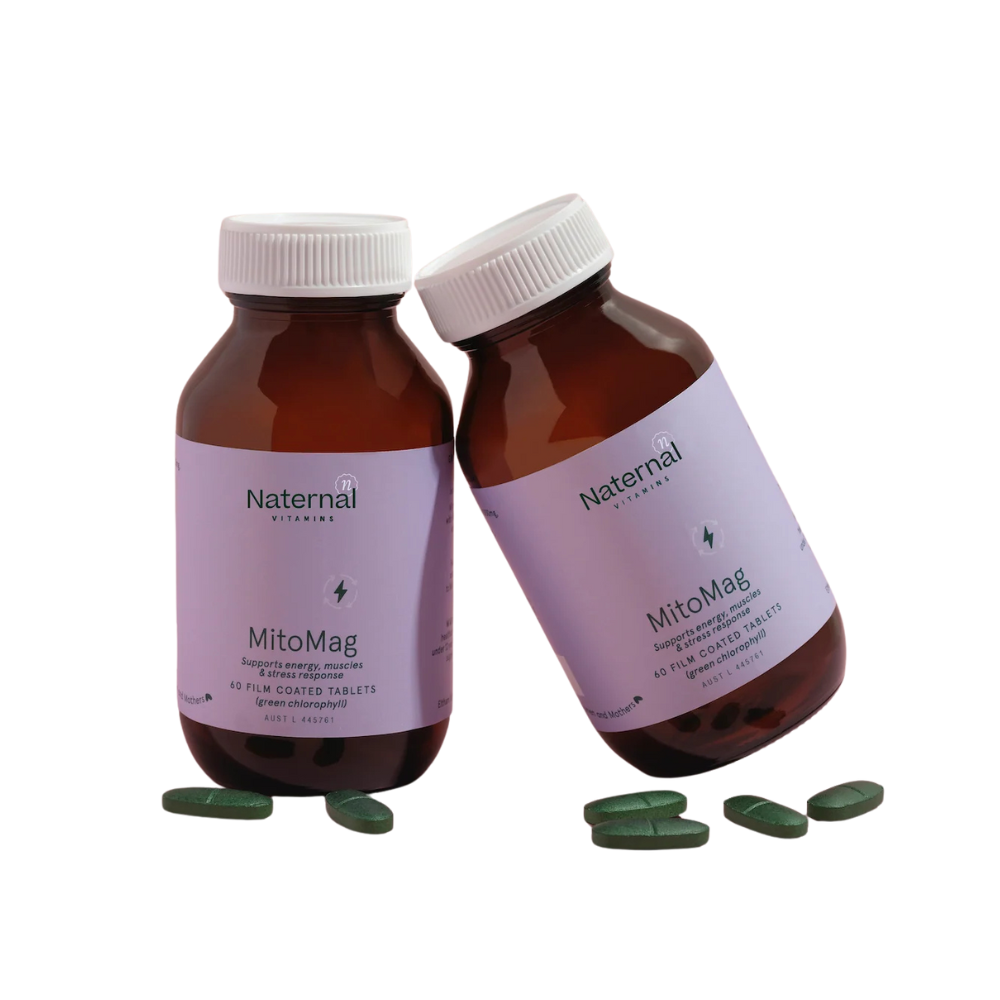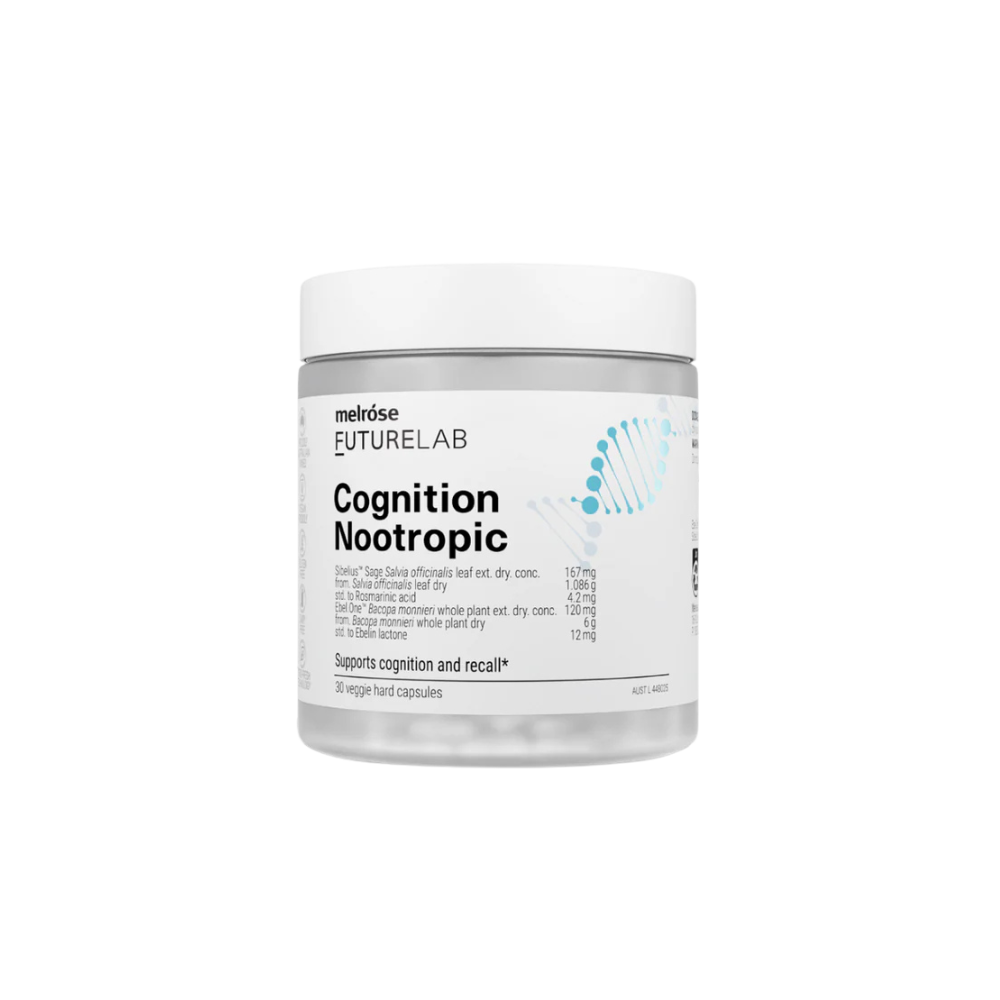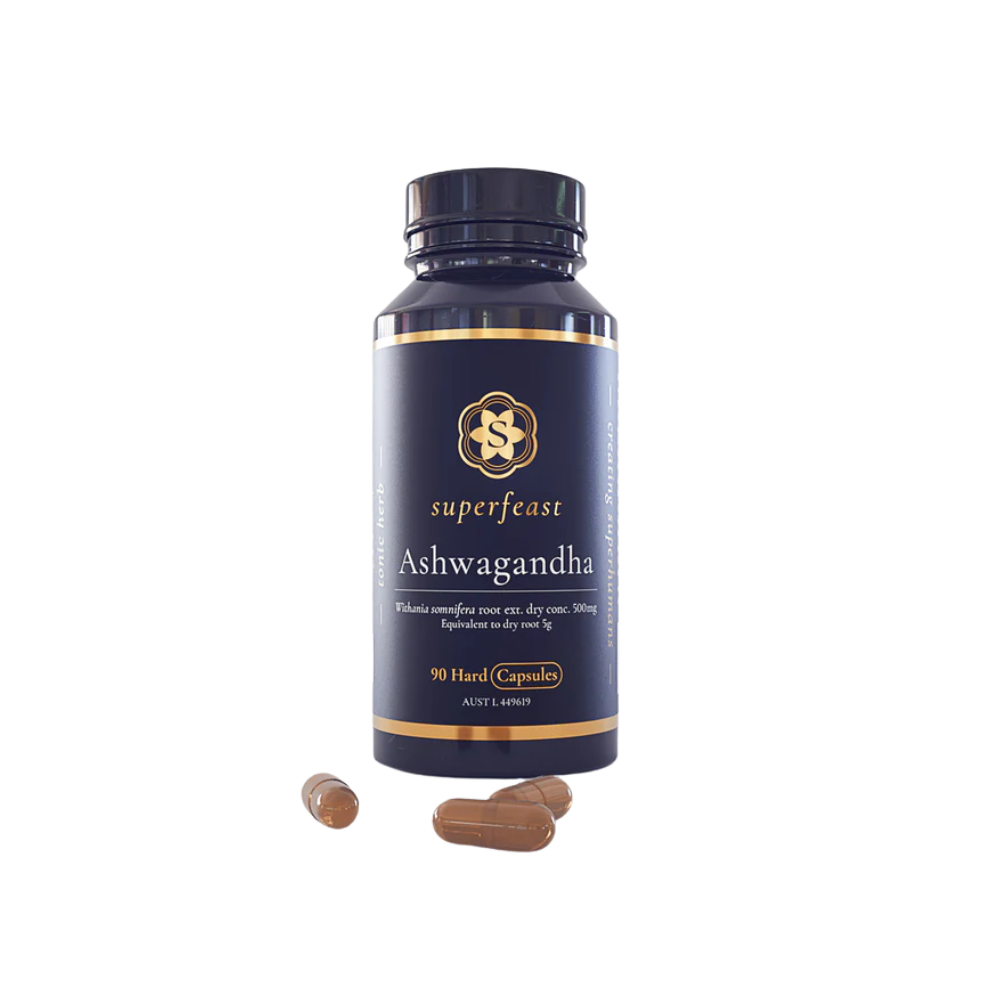ADHD (Attention-Deficit/Hyperactivity Disorder) is one of the most commonly diagnosed behavioural disorders in children - more often identified in boys than girls, by about 5 to 1. But that doesn’t mean it’s less common in females. In fact, ADHD in women is still widely misunderstood, often misdiagnosed, and can be deeply isolating when symptoms go unrecognised.
Many women spend years feeling like something is "off," but can’t quite name it. The truth is, ADHD can show up very differently in females - quiet, internal, and masked by perfectionism or overachievement.
Why Are More Adult Women Being Diagnosed?
There’s been a noticeable rise in adult ADHD diagnoses in recent years, particularly in women. This could be due to several things:
- Growing awareness through social media and public conversations
- More women recognising themselves in shared ADHD experiences
-
Increased openness around neurodivergence and mental health
And believe it or not, the pandemic also played a role. With the sudden loss of structure, routine, and social connection, many women began noticing just how much they’d been relying on external systems to keep life running. One study even found increased rates of ADHD-like symptoms in young women post-pandemic - alongside spikes in anxiety and depression.
But maybe it’s not that more women have ADHD now.. maybe we’re just finally naming what’s been there all along.
Common ADHD Symptoms in Adult Women
So how does ADHD look in women? Well, ADHD doesn’t always mean hyperactivity or bouncing off the walls. For many women, it’s more internal and more invisible.
Some of the most common signs include:
- Struggling to concentrate, even on things you care about
- Feeling easily overwhelmed by everyday tasks
-
Forgetting appointments, names, or why you walked into a room
- Getting stuck in a loop of perfectionism, self-doubt or emotional reactivity
-
Chronic disorganisation, despite best efforts
-
Pushing through burnout because “there’s no time to rest”
-
Social masking - mirroring others to blend in or appear more “together”
Many women with ADHD are also high-functioning, capable, and intelligent – which can make their symptoms even harder to spot from the outside and can often lead to misdiagnosis. And unfortunately this comes at a cost: chronic exhaustion, burnout, and a deep sense of frustration when things still feel hard, no matter how hard you try.
The Emotional Impact of Living Undiagnosed
Because ADHD in women is so often overlooked, many grow up thinking they’re just "too sensitive", "lazy", or "not trying hard enough". Over time, this can impact self-esteem and lead to more serious mental health concerns.
Women with undiagnosed ADHD are more likely to experience:
-
Anxiety, depression, or emotional burnout
-
Relationship struggles
-
Disordered eating behaviours, like binge eating or appetite loss
-
Risky coping mechanisms like substance use
-
Hormonal challenges such as PMDD or painful periods
-
Misdiagnoses like adrenal fatigue, chronic fatigue, or “mum brain”
Without the right support, these women may internalise their struggles, pushing through silently while feeling like they’re constantly falling behind.
Hormones and ADHD – Why It Matters
Hormonal shifts can significantly influence how ADHD symptoms show up. For women, each life stage brings its own challenges:
-
Puberty – Mood swings, emotional sensitivity, and rejection dysphoria may worsen
-
Pregnancy – Hormonal changes can intensify focus issues or emotional fluctuations. Some relief may come in the second trimester when oestrogen peaks
-
Postpartum – The sudden hormone drop after birth may trigger low mood, anxiety or overwhelm
-
Menopause – Lower oestrogen levels may lead to memory issues, disorganisation, procrastination, or feeling mentally foggy
Understanding these phases can help reduce shame and offer space for more compassionate, tailored support.
A Naturopathic View: Holistic Support for Women with ADHD
At Nourishing Apothecary, we take a whole-body approach to supporting women’s health - including those living with ADHD. Instead of managing symptoms in isolation, we explore the broader picture:
-
Hormonal health and regulation
-
Nutrient deficiencies, especially those that support neurotransmitter balance
-
Gut-brain axis and digestive health
-
Blood sugar stability and energy regulation
-
Inflammation and nervous system health
With the right mix of nutritional support, herbal medicine, and lifestyle adjustments, we can help reduce the intensity of symptoms and support mental clarity, emotional balance, and overall wellbeing.
Some of the most helpful tools include:
-
Targeted nutrition to support brain function and mood
-
Sleep hygiene practices for better rest and recovery
-
Movement and nervous system regulation
-
Identifying and removing dietary triggers
-
Supporting emotional resilience and energy without overstimulation
You’re Not Too Much - Your Brain Just Works Differently
There’s nothing wrong with having a neurodivergent brain. ADHD isn’t a flaw or failure - it’s a different wiring. But when women are unsupported or misunderstood, the experience can become painful, overwhelming, and lonely.
Getting curious about your symptoms, recognising patterns, and seeking holistic support is one of the most powerful things you can do for your health - mentally, emotionally, and physically.
You deserve care that sees you fully.
Book a Consultation with Mel - Your ADHD Guru
Mel is a Naturopath and Medical Herbalist with a Masters in Health Science and a deep understanding of how mental health, hormones, and gut health are all connected. She specialises in supporting women with ADHD, anxiety, reproductive health concerns, and digestive issues through a holistic and evidence-based approach.
Her warm, practical style combines the best of natural and conventional medicine, helping you create sustainable changes that support your wellbeing long-term.
Learn more about Mel here: https://nourishingapothecary.com/pages/practitioners
Or book your consultation with Mel here: https://nourishing-apothecary.simplecliniconline.com/diary
This article is for education only and not intended to replace individualised medical advice. Please speak to your practitioner for tailored support.

